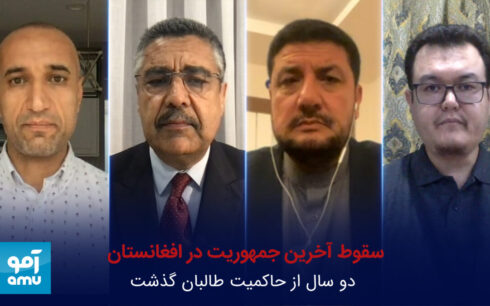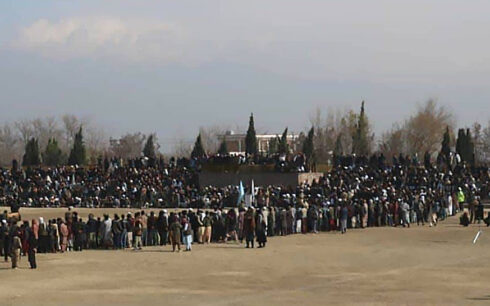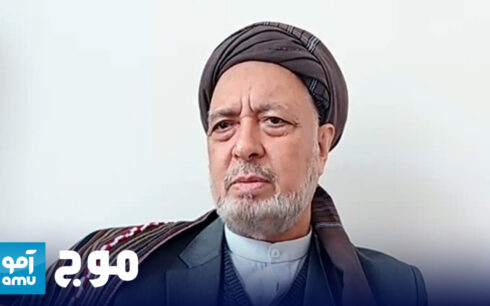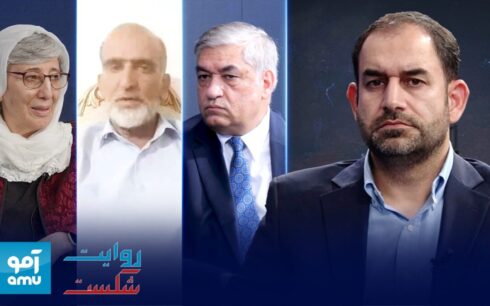On this day, exactly two years ago, with Kabul a mere ten days away from its eventual fall, the Taliban’s territorial gains continued to escalate, as they captured sixteen additional districts. This brought the total number of districts under their control to a staggering 318.
Simultaneously, amidst the ongoing clashes in the cities of Herat and Lashkargah – located in the western and southern regions of the country respectively – momentum seemed to shift incrementally in favor of the republic. Interestingly, this was transpiring even as the government refrained from outlining strategies to reclaim lost territories.
August 5, 2021, stands as a reminder of the unpredictable nature of the subsequent events that led to the Taliban’s swift takeover of Afghanistan within the following ten days.
Amidst this turmoil, the sixteen districts that succumbed to Taliban control on this particular day were primarily concentrated in the eastern part of the country. Coinciding with these developments, the former government held sway over 96 districts and 34 cities.
As Taliban gains escalated, the availability of sources and information underwent a sharp decline.
“At first, our assumptions were confined to district-level changes, but regrettably, as time progressed, the scope of regions falling into Taliban hands expanded. Our access to local sources dwindled, and reaching these districts became an arduous task,” recounted Sulaiman Musazai, a seasoned journalist.
Drawing on well-informed sources, it became evident that in certain areas, security forces faced a lack of motivation to engage in combat. Factors including the Doha Agreement, dwindling logistical and air support from U.S. forces, and shortcomings in both the military and political leadership of the government contributed to the waning morale among security and defense personnel in their confrontation against the Taliban.
Ramazan Bashardost, a former Member of Parliament now residing in Kabul, recounted, “When news circulated that budgets had been sanctioned, soldiers and police personnel on the frontlines reached out to me, voicing their discontent about meager wage increments of merely 1,000 Afghanis. Such concerns raised the question of why they should risk their lives.”
While pockets of resistance were observed in Lashkargah and Herat cities, these fleeting moments of hope were shadowed by complexities. Despite former Herat governor and ex-jihadi leader Ismail Khan’s resolute defiance against the Taliban, a source disclosed that until August 5, the former president was reluctant to engage with him.
Marshal Abdul Rashid Dostum, who recently returned to Kabul from Turkey, voiced his commitment to stand against the Taliban. However, the presidential palace was preoccupied with preparations for former President Ashraf Ghani’s political meetings.
“It’s a substantial conspiracy. Minor efforts alone cannot dismantle such a plot. Our political allies and generals need to make decisive choices, uniting to defend our nation,” declared Dostum on August 5, 2021.
Despite the precarious security environment, sources indicate Ghani’s focus remained centered on consultations with political figures, in a bid to reshape circumstances in favor of the republic – a realm teetering on the edge of collapse.





